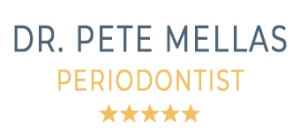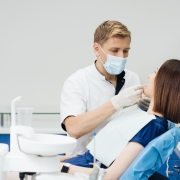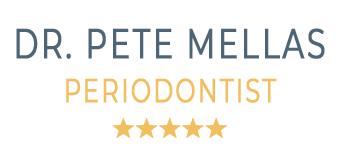Why You Might Still Get Cavities Even If You Brush and Floss
Brushing twice a day and flossing regularly are great habits, but they don’t always guarantee a cavity-free mouth. It can feel frustrating when you’ve followed the rules and still end up in the periodontist’s chair for a tooth extraction in Scottsdale, AZ due to severe tooth decay. The truth is, while brushing and flossing are essential, they’re just part of the bigger picture when it comes to preventing tooth decay.
Your Diet Might Be Working Against You
What you eat—and how often you eat—can have a major impact on your teeth. Sugary snacks, sticky foods, and frequent sipping on sweet drinks feed the bacteria in your mouth that create acid. That acid wears down enamel, even between brushings. Constant snacking gives your teeth less time to recover, keeping your mouth in a more acidic state throughout the day.
Saliva Makes a Difference
Saliva plays a key role in keeping your teeth clean by washing away food particles and neutralizing acids. If you have dry mouth, your teeth may not be getting the natural protection they need. Dry mouth can be caused by medications, health conditions, or even breathing through your mouth at night.
Tooth Shape and Enamel Strength Vary
Everyone’s teeth are a little different. Deep grooves, uneven surfaces, and thinner enamel can make it harder to prevent cavities—even if your hygiene is excellent. In some cases, your genetics may be working against you, making you more prone to decay and gum disease no matter how careful you are. If you find yourself getting cavities often, you may want to make routine visits with a periodontist.
Technique Matters
Brushing too quickly or missing certain spots—like behind the back molars or along the gumline—can leave plaque behind. Using a soft-bristled brush and paying attention to your technique can improve results more than brushing harder or longer.
Even the best home routines can’t reach every crevice. If you do develop problems, you can rely on your periodontist in Scottsdale, AZ to diagnose gum disease and perform treatments that can either save your natural tooth or replace it with dental implants. Good dental care is a team effort—and your periodontist is part of that team.



